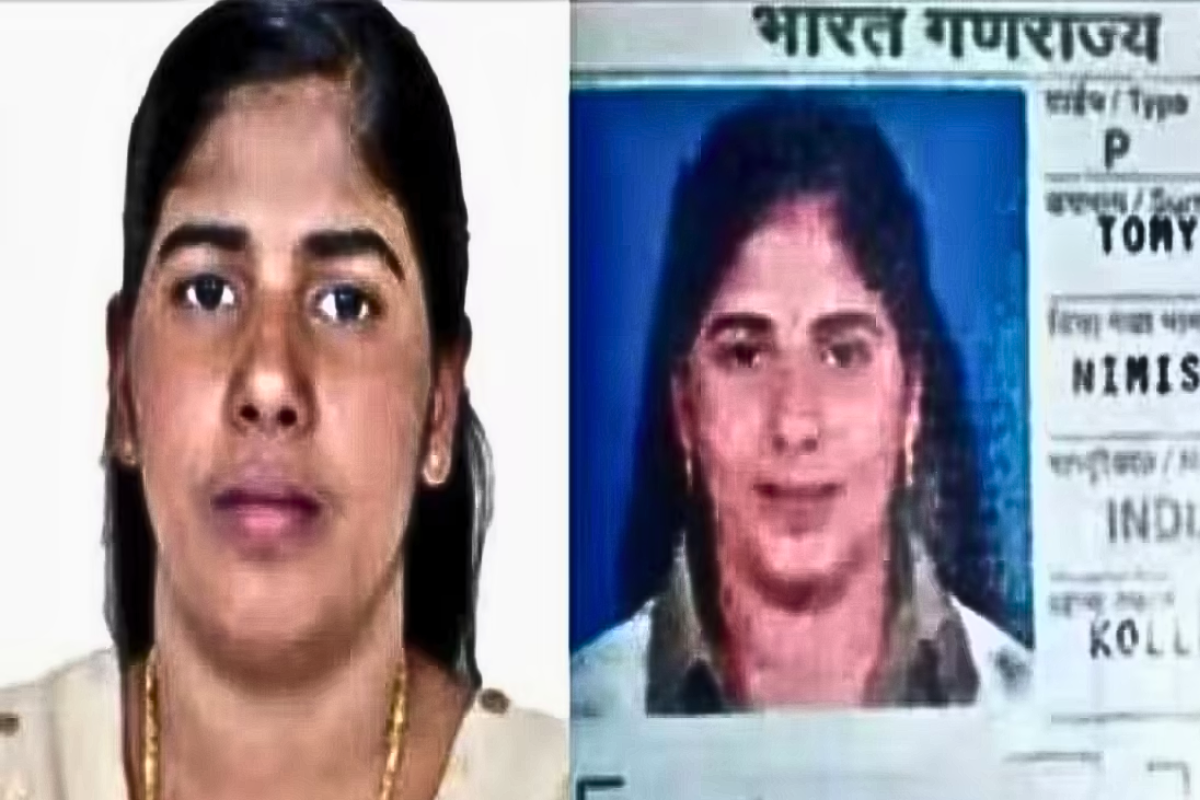NEW DELHI: A last-minute plea for clemency has become the final beacon of hope for a 28-year-old Indian nurse, Sona Thomas, who faces execution in Yemen. Convicted of murdering a Yemeni citizen in 2020. Thomas has been on death row for nearly three years. Her family in Kerala has now turned to Indian authorities and international organizations for urgent intervention to save her life.
The Indian embassy in Djibouti, which oversees Indian affairs in Yemen due to the country’s ongoing civil unrest, has been working with local authorities to facilitate her release. However, the process has been fraught with challenges, given Yemen’s fragmented judicial system and ongoing geopolitical tensions.
ALSO READ: Maldivian foreign minister visits India to boost bilateral ties
Thomas was reportedly accused of killing her Yemeni employer during an altercation, a charge she has denied. According to her family, the incident was an act of self-defence after prolonged abuse and harassment.
Despite her claims, a Yemeni court sentenced her to death, a decision that has sparked outrage and calls for justice from human rights organizations and Indian communities abroad. “We are devastated,” said Thomas’s mother, Marykutty, in an emotional plea. “Sona left for Yemen to support our family financially. Now, we are left praying for a miracle.”
India’s Ministry of External Affairs (MEA) has assured the family that all efforts are being made to secure Thomas’s release. MEA spokesperson Arindam Bagchi stated, “We are in constant touch with Yemeni authorities and are exploring all diplomatic channels to ensure justice.”
ALSO READ: Elon Musk links cyber truck explosion to New Orleans attack
Human rights activists have highlighted the urgency of the case, pointing to Yemen’s strict judicial system, where pardons often require the consent of the victim’s family. Reports indicate that Thomas’s family is negotiating a possible settlement, known as “blood money,” to secure her freedom.
This case has also reignited debates about the safety of Indian workers in conflict zones, particularly in the Middle East. Advocacy groups have called for stronger mechanisms to protect the rights of Indian expatriates, especially women working in vulnerable conditions.
As the clock ticks down, Sona Thomas’s fate hangs in the balance. For her family and supporters, the hope of a last-minute pardon remains a flickering light in an otherwise dark chapter of her life.










